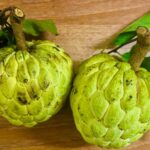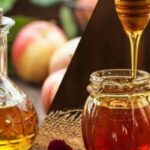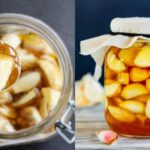Guava leaves are often overlooked, but they possess a plethora of health benefits. While the fruit itself is renowned for its high nutritional value and vitamin C content, the leaves of the guava tree also deserve recognition for their medicinal properties.
**The Health Benefits of Guava Leaves**
*- Cardiovascular Health*
Guava leaves are rich in antioxidants and soluble fiber, making them effective in controlling and stabilizing blood pressure. They also combat free radicals, improving memory retention and reducing cholesterol and blood sugar levels, thus lowering the risk of atherosclerosis.
*- Blood Sugar Control*
Guava leaves are beneficial in managing blood sugar levels and insulin resistance. They contain compounds like avicularin and quercetin, which inhibit glucose absorption, resulting in better blood glucose control.
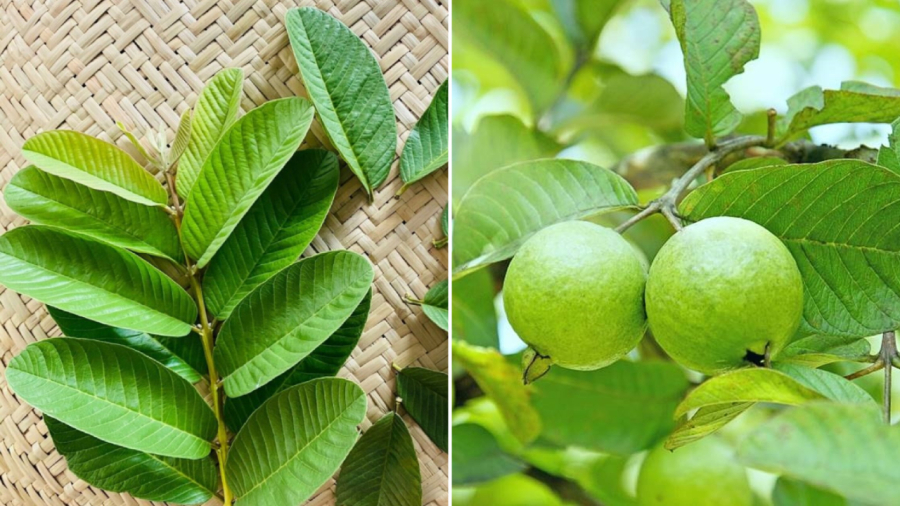
The Many Benefits of Guava Leaves
*- Weight Loss*
Guava leaves help reduce starch absorption and improve sugar metabolism, contributing to weight control and a better physique.
*- Oral Health*
The leaves contain astringents, which tighten the gums and provide relief from pain caused by gum inflammation.
**Traditional Remedies Using Guava Leaves**
*- Diarrhea and Abdominal Pain*
In traditional medicine, young guava leaves are used to treat abdominal pain and diarrhea. A decoction is made by boiling 15-20 grams of young leaves, buds, or a combination of these with ginger and tea.
The root bark and stem bark of the guava tree are also used to treat diarrhea and wash wounds and ulcers.
*- Diarrhea Caused by Cold*
For diarrhea caused by a cold, charred ginger (8 grams) is boiled with 12 grams of roasted guava buds in 500ml of water until reduced to 200ml. This decoction is then divided into two doses and consumed throughout the day.
Alternatively, a decoction of 15 grams of guava buds, 15 grams of dried tangerine peel, and 18 grams of musk can be prepared and consumed.
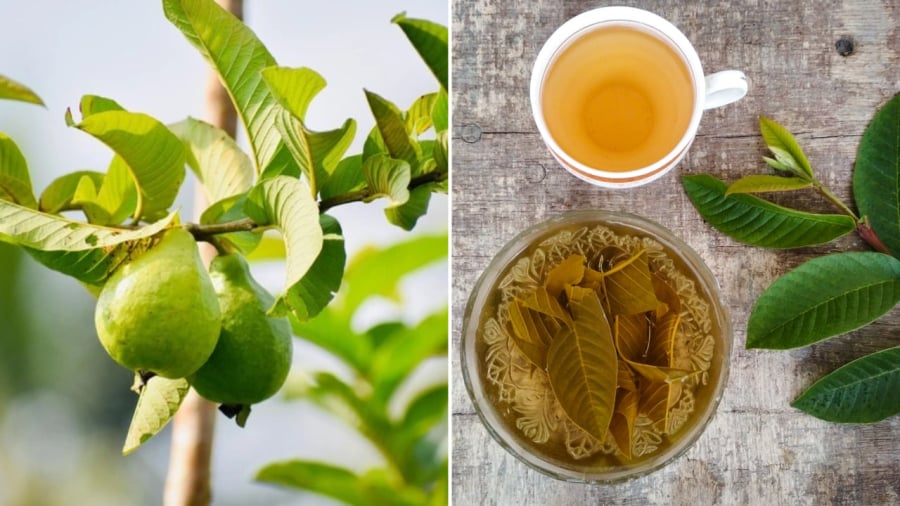
Guava Leaves: A Staple in Traditional Remedies
*- Diarrhea Caused by Heat*
For heat-induced diarrhea, 20 grams of roasted guava bark, 15 grams of roasted fresh tea leaves, 10 grams of sim buds, 10 grams of dried tangerine peel, and 10 grams of roasted Pueraria root are ground into a fine powder. A 10-gram dose is recommended for adults.
Alternatively, a decoction can be made by boiling 20 grams each of roasted guava bark, duoi bark, orange bark, and roasted cotton tree flowers.
*- Toothache Relief*
Fresh guava leaves can be chewed or crushed and placed directly on the aching tooth. A decoction of the leaves can also be used as a mouthwash.
These are just some of the many benefits and traditional uses of guava leaves.
“The Surprising Benefits of Mixing White Vinegar and Honey: A Little-Known Remedy”
Let’s uncover the amazing benefits of apple cider vinegar and honey. This dynamic duo has been praised for their potent properties and potential health-boosting effects. From ancient remedies to modern-day elixirs, the combination of these two ingredients has sparked curiosity and intrigue. Prepare to delve into a world of natural wonders as we explore the secrets behind this powerful pairing.

























